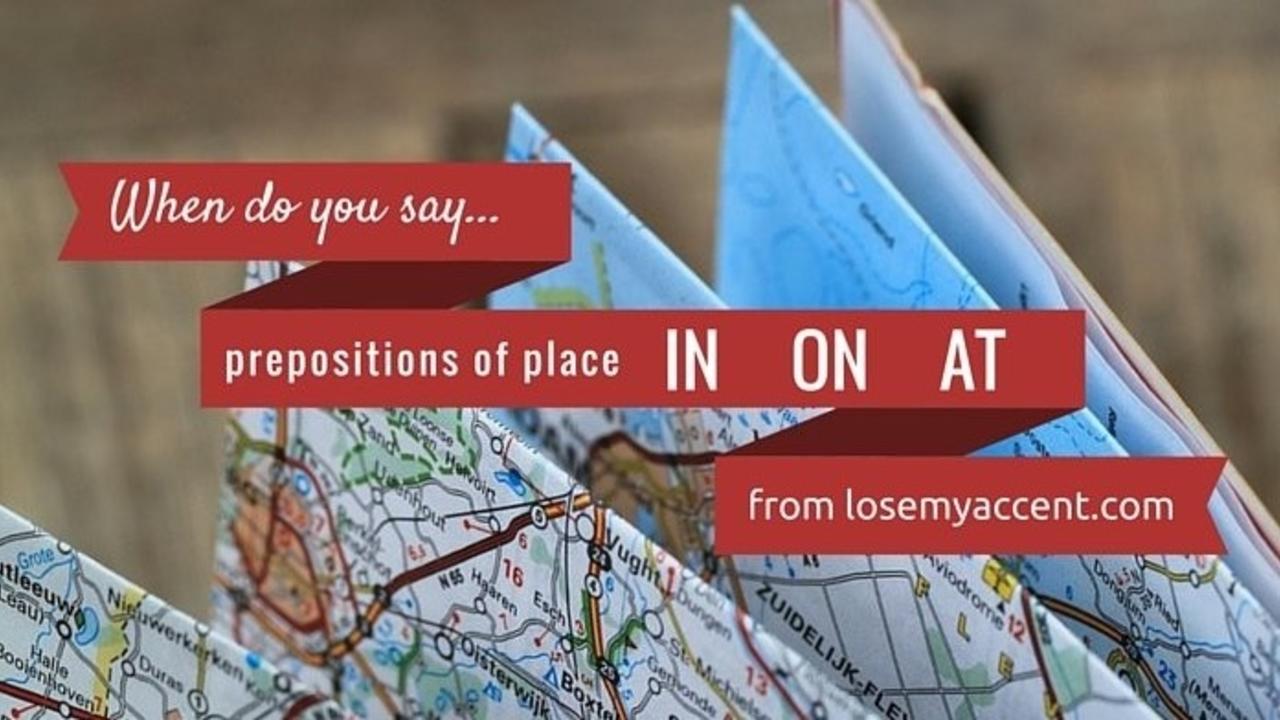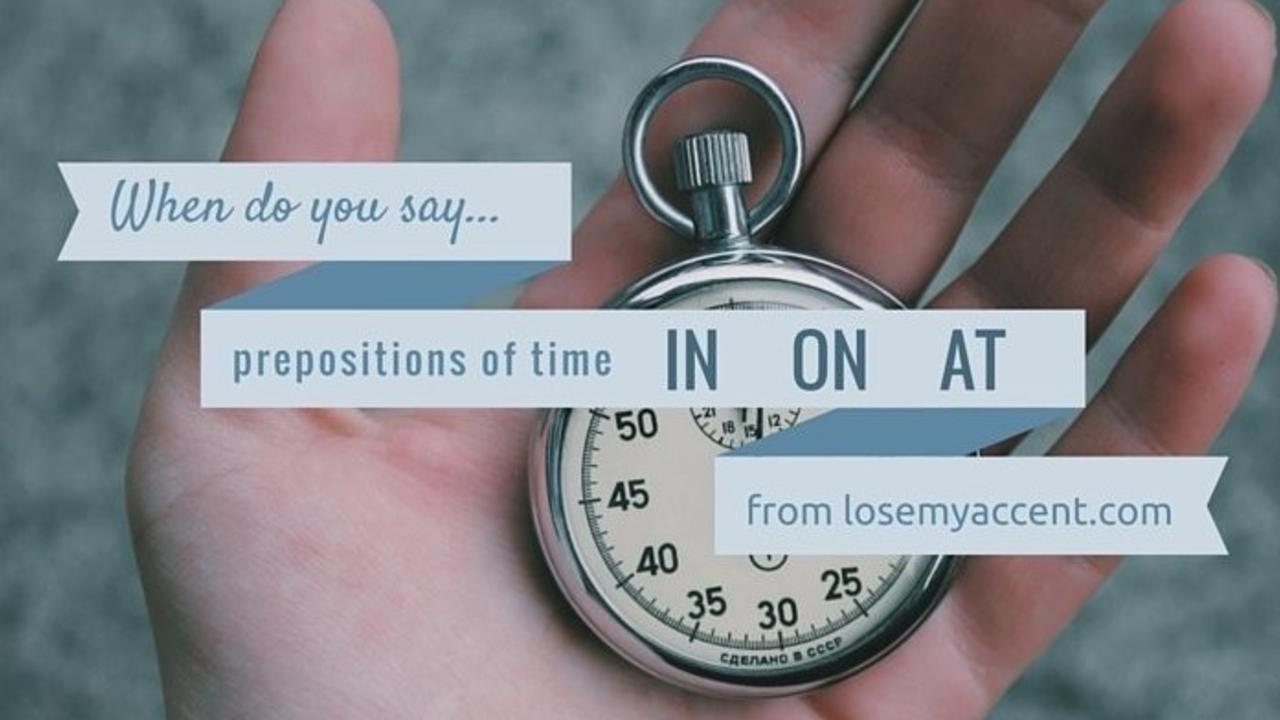Speaking Clearly with Lisa Scott
Prepositions of Place: “In,” “On,” & “At”
Continue Reading...
Last week we discussed how the small connecting words of the English language are just as important as mastering a larger vocabulary... but the correct usage of these tiny words can sometimes fall through the cracks for non-native English speakers. You may start to use words like “in,” “on,” and “at...
Prepositions of Time: “In,” “On,” & “At”
Continue Reading...
Have you ever asked a co-worker to join you “on 3:00” for a meeting?
Perhaps you mentioned to someone that your birthday was “at Friday.”
Though you may not have realized it, you were using these prepositions of time incorrectly!
In trying to grasp a larger vocabulary, a student of Eng...





